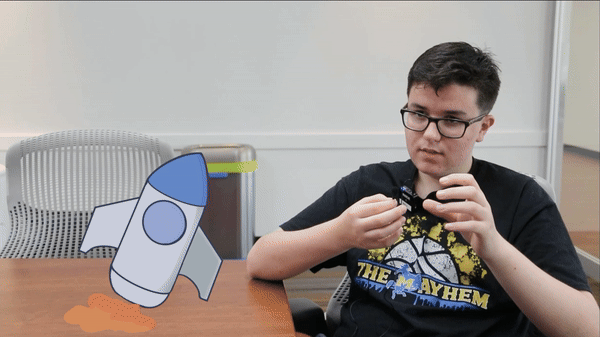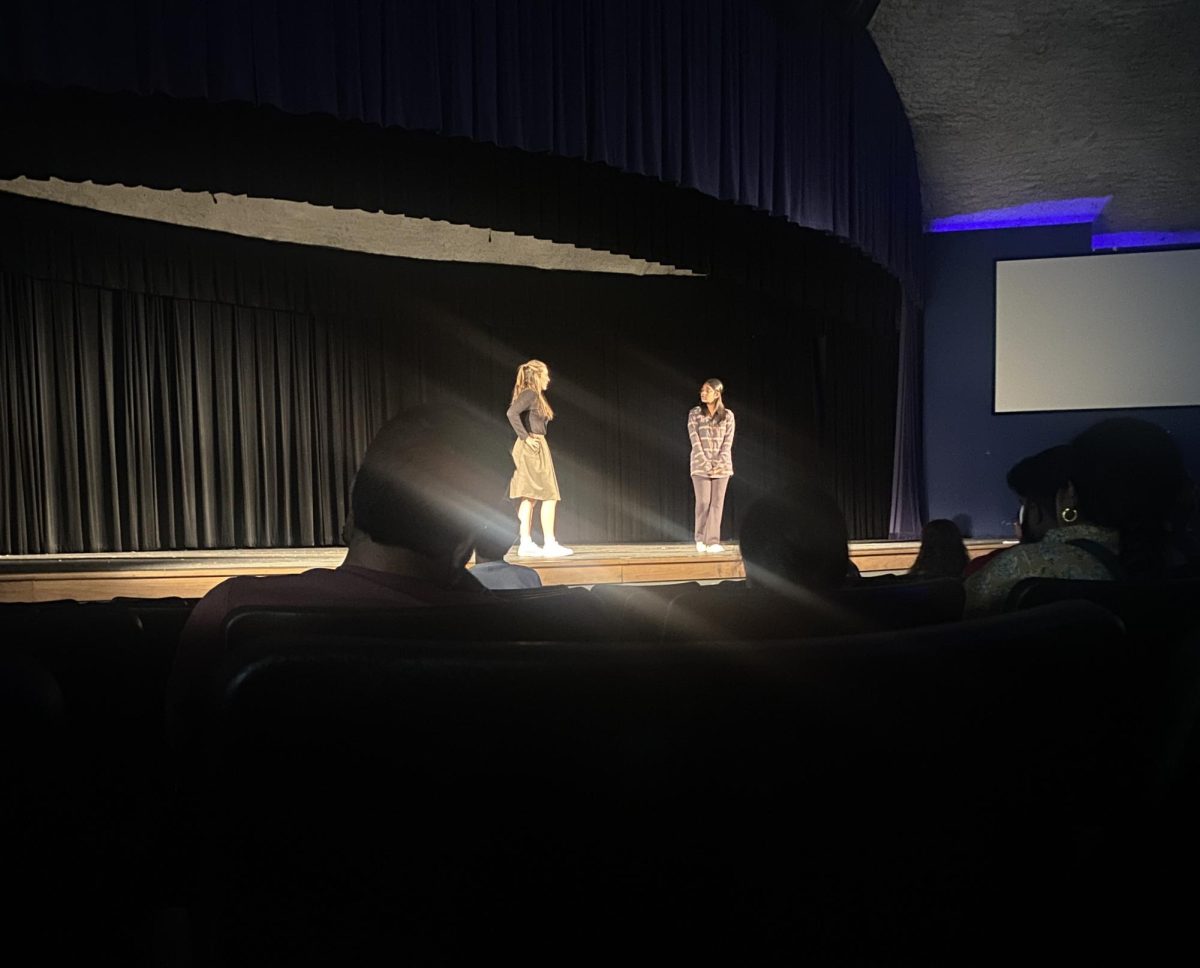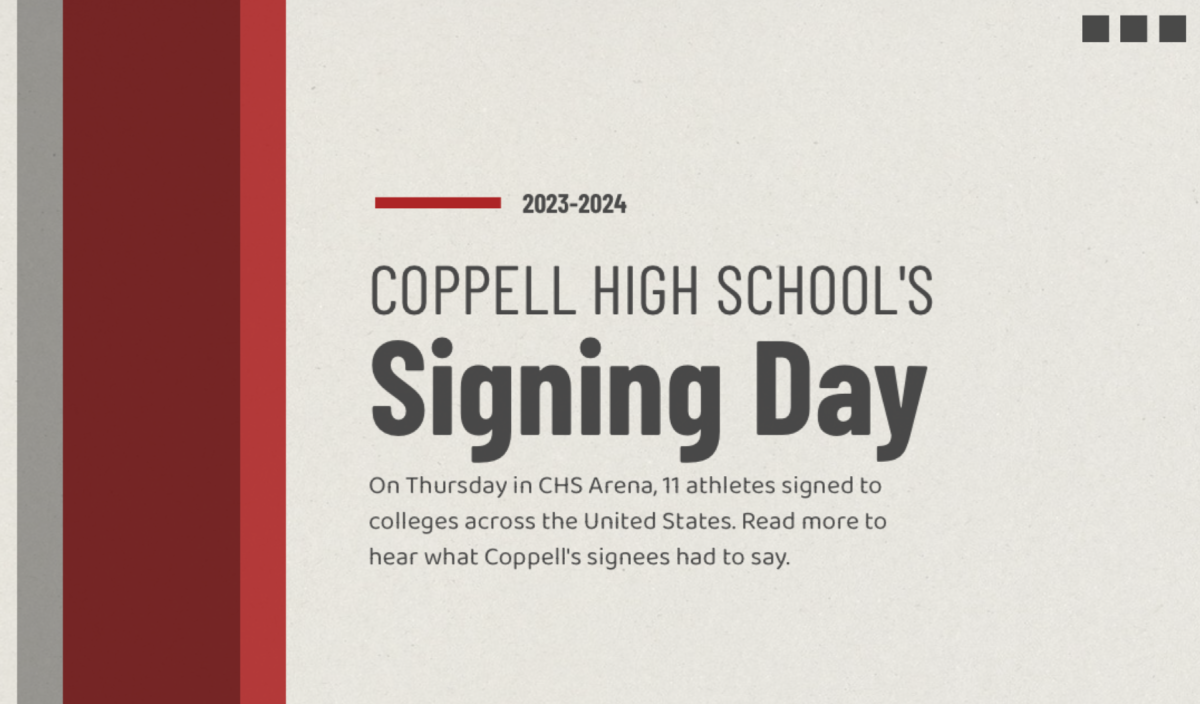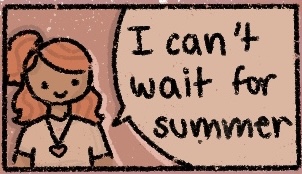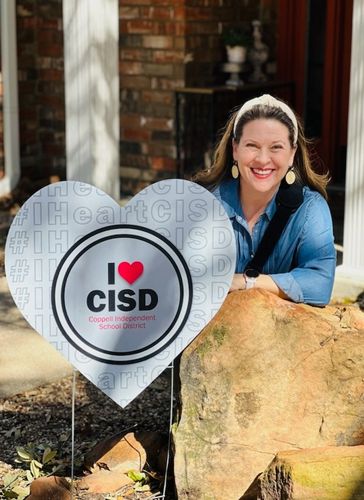By Priya Desai
staff writer
@priusdasani
With essays and multiple applications, seniors are stretched thin concerning college applications. From the infamous Common Application to Apply Texas, most colleges, all across the country, require teacher recommendation letters.
While your grades, grade point average and test scores are a large part of your application, they do not tell you anything about the applicant as a student in the classroom.
AP US History teacher Kevin Casey at Coppell High School has a long history of writing fantastic recommendation letters.
“I want to highlight positive aspects of their personality and their willingness to assist other students,” Casey said. “Most colleges want to know about the things which are not on a transcript.”
While these can just seem like another aspect of the application, CHS counselor John Crook, who manages the Naviance account for Coppell High School, can attest to the power of a good recommendation letter for a student’s application. Naviance is used by the counselors to help manage the college application process for juniors and seniors by organizing teacher recommendation letters, listing out schools that the senior is applying to, and keeping track of transcripts.
“This letter is about the student in the classroom; their contributions, demeanor, intellectual curiosity, group work, etc.,” Crook said. “This letter is very important as a lot of students have similar credentials, so schools are trying to see what that student might be like in their classrooms.”
Senior Pranav Jayaraman asked three teachers for recommendation letters for special programs at schools he’s applying to and sees the impact it can have and the value to his application.
“The letters that the teachers can write about us are powerful statements of our character and growth,” Jayaraman said. “The letters are meaningful explanations of the kind of students we are.”
Even though this task could seem easy for writing about a student you’ve spent the whole year with, teachers are usually writing dozens of letters during the application season. The Common Application also requires a recommendation letter from the student’s counselor further rising the number of letters needed for students.
“Each [counselor] writes for 50 different students, so that’s about 350 [letters] in total for a typical senior class [from the counselors],” Crook said. “Last year, 89 teachers wrote 534 individual letters.”
This takes the time of many teachers, not only just from their regular work load, but also is mostly done outside of school hours with many teachers starting letters as early as the summer to meet the demand. Most students are familiar with signs outside highly in-demand teachers’ doors, usually explaining that they have no more room for any more recommendation letters.
Even with all the work put in by teachers in and out of school, some students do not think they are of importance.
“Generally, I have heard rec letters aren’t considered highly by most colleges, but it can always play a role, and isn’t overlooked entirely.” Jayaraman said when asked about his peers’ views of teacher recommendation letters.
For some though this isn’t the case. Senior Andrea Abel is trying to attend the United States Air Force Academy, which is a much more rigorous application process. She not only has to have the regular teacher recommendation letters for the application itself, but must get nominated by a state senator or representative which each requires an application itself that must include three or more teacher recommendations.
“Most of my peers see reccommendation letters the same way as I do, as a way for good students to stand out in our super competitive, grade-grubbing high school,” said Abel.
With such a competitive process, all her competing applicants also have the impressive grades and test score needed to wow the Air Force Academy. She thinks her recommendations will help get get the extra mile needed to be accepted.
“Letters are important because they allow colleges to get a second opinion of you. If you truly are a good student,” Abel said. “They give you a chance to stand out from other students.”
Even with this, many students do not feel the need to recognize the teachers or even thank those who write recommendations for them. Often, teachers are familiar with the process of frequent emails from the students during the process of reminding them to complete the letter by their deadline, then are not heard of again until another letter is needed.
“Some students never acknowledge the completion of the letter,” Casey said. “I wished more students [would be] be thankful for the time and effort that their teachers and counselors put into these recommendation letters. It is awkward when they return in the spring to ask for a letter pertaining to a scholarship but they did not acknowledge the letter in the fall semester.”
Abel, who has gotten a letter from Casey and many others due to her unique application process, is making sure to let her teachers know she appreciates the work they put in.
“I try to thank my teachers whenever I see them,” Abel said. “I want to make sure they know how much it means to students to have teachers give a good review of them.”
The protocol itself behind recommendation has not changed, but juniors that will be going through the process of a few thing should be reminded of a few things.
“Students need to ask a junior year teacher in the four basics or foreign language towards the end of the junior year,” Crook said. “Some teachers write over the summer and some teachers have to cut off being able to say yes because of the quantity they are asked to write so asking then is important.”











